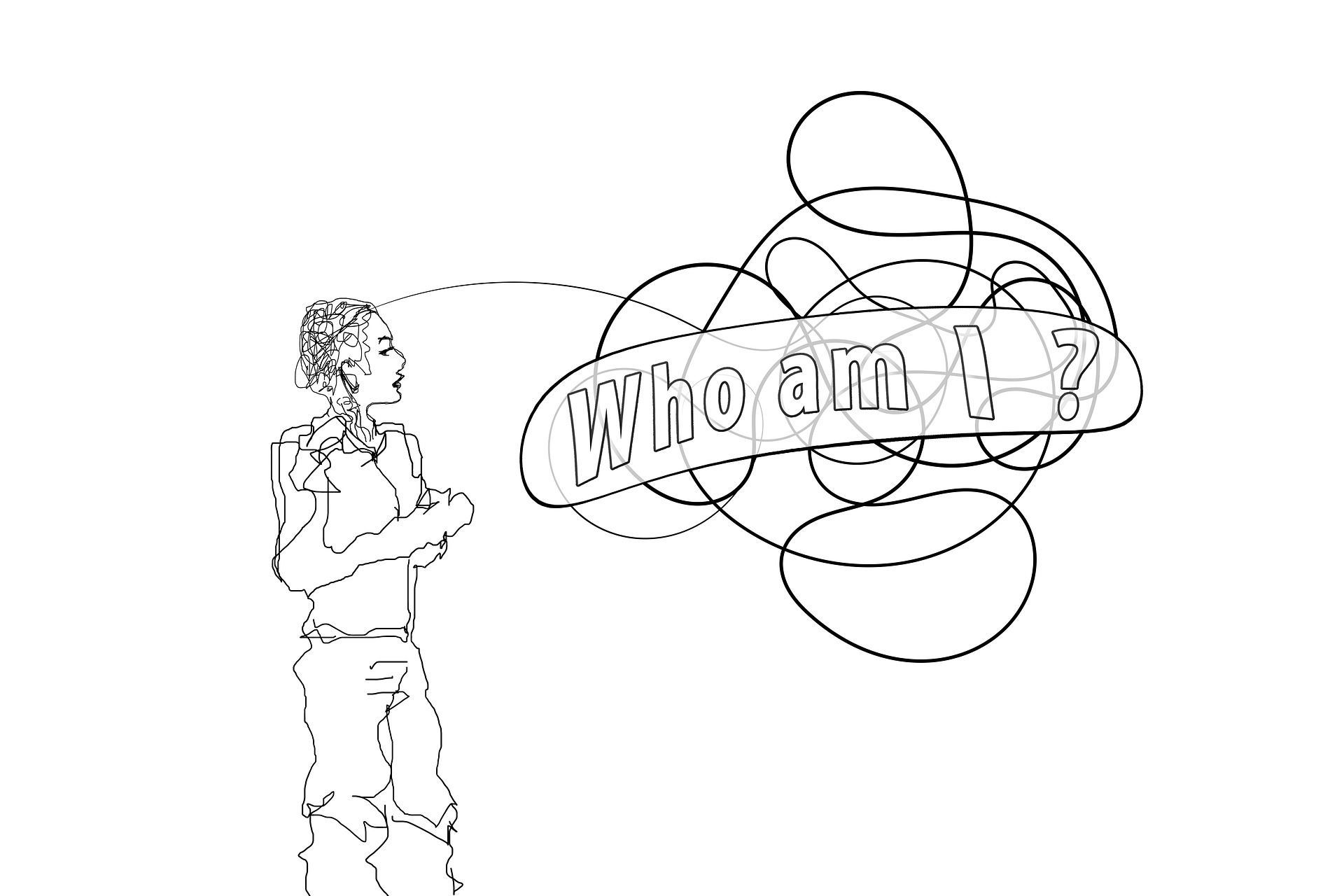Autism, diagnosis, identity, and culture
For a long time now, we have heard the phrase “If you have met one Autistic person, you have met one Autistic person”. This saying is an oversimplification of the fact that Autistic people have a wide variety of experiences, privileges, and neurocognitive styles. The question I want you to ask yourself is this:
Why is every Autistic person different?
Let’s consider the traditional route of Autistic discovery. Many of us found out we are Autistic when we were referred for and then recieved diagnosis. This diagnosis is based on the criteria laid out in the Diagnostic and Statistical Manual of Mental Disorders (or, the DSM) now in it’s fifth edition and the recent recipient of a text revision.
Davies (2022) discusses in their book Sedated: How modern capitalism created our mental health crisis, how the DSM is constructed. Davies discusses that the roughly 370 “disorders” detailed in the manual are voted into the manual by committee consensus rather than by any neurobiological research.
What does this mean for the diagnosis of Autistic people?
It means that Autistic experience is reduced to a list of traits, decided on by professionals who really only see Autistic people when they are in distress. After all, why go to a psychiatrist when everything in life is perfect? It also means that the experiences that constitute a DSM diagnosis of autism are voted into existence by groups whose entire careers are built upon neuronormative ideals.
So, of course we are vastly different from each other.
Herein lies the real existential conundrum though. Autism doesn’t actually exist.
As I write this, I can feel you getting ready to hit that “unfollow” button, but stick with me for a second.
Dr. Chloe Farahar of Aucademy once said that autism doesn’t exist, it’s an abstract concept, the only thing that actually exists is Autistic people.
If autism isn’t a disorder, condition, or even a tangible and existing entity that can be observed and measured, then what does being Autistic mean?
Autistic people are a minority group. We are a group of humans with shared experiences and communication styles. Autistic spaces are shared culture, and “Autistic” is an identity. Our vastly different experiences and privileges make us individuals, but our shared culture and neurocognitive style make us Autistic.
Diagnosis in and of itself is a privilege, a privilege that is required to access support, and in turn, upholds the pathology paradigm that Autistic people are drowning in.
There is a false economy surrounding the word “autism”. The insistence of it’s existence is the thing that is used to force quack cures upon Autistic people. Millions are poured into the prevention of Autistic people and the abject attempts to exorcise the abstract entity of “autism” from Autistic people.
The truth is that you will never separate the autism from the Autistic person. You can not remove what doesn’t exist. The only thing that “cures” and “therapies” will do is traumatise us. Because without our Autistic identity, we would not be us.
To destroy the autism, you will destroy the person.
This is why language matters, and it is why we need to move firmly into the neurodiversity paradigm. It’s time to stop pathologising human experiences.







So perfectly said David! You really need to have your book published soon so I can start recommending it to everyone. xx
This is spot on, being Autistic is really an identity and a culture. I hope one day we can move away from the abstract ‘autism’ Also love the reference to Chloe Farahar, their work is brilliant.
I completely agree with this and have been writing about it myself lately (nothing I can share, though). It seems like a cultural perspective will make acceptance a bit easier as well. I think that because public awareness of autism is rooted in inaccuracy (ie the medical/deficit model) it’s harder to get people to grasp us. But the cultural framing of autism has consistency and digestible concepts that people can easily pick up on.
This article gives me reason to pause and ponder. Thank you! Rest assured that I had no desire to hit unsubscribe at any point!!
Hello there! I could have sworn I’ve visited this blog before but after going through a few of the articles I realized it’s new to me.
Regardless, I’m certainly happy I discovered it and I’ll be book-marking it and checking back
regularly!
This is most helpful post I have seen, when everyone else addressing this won’t stray from the scripted opinion. You have
talent as a writer, and I shall follow you as I enjoy your posts.